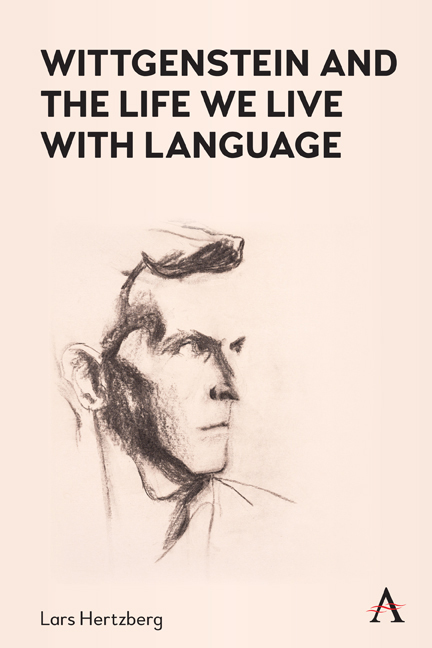Book contents
- Frontmatter
- Dedication
- Contents
- Acknowledgements
- Introduction
- 1 Attending to the Actual Sayings of Things
- 2 The Sense Is Where You Find It
- 3 On Excluding Contradictions from Our Language
- 4 ‘How Do Sentences Do It?’
- 5 On the Need for a Listener and Community Standards
- 6 ‘It Says What It Says’
- 7 Very General Facts of Nature
- 8 Ethics as We Talk It
- 9 Moral Escapism and Applied Ethics
- 10 Reasons to Be Good?
- 11 The Importance of Being Thoughtful
- 12 What’s in a Smile?
- 13 On Aesthetic Reactions and Changing One’s Mind
- Bibliography
- Index
2 - The Sense Is Where You Find It
Published online by Cambridge University Press: 15 September 2022
- Frontmatter
- Dedication
- Contents
- Acknowledgements
- Introduction
- 1 Attending to the Actual Sayings of Things
- 2 The Sense Is Where You Find It
- 3 On Excluding Contradictions from Our Language
- 4 ‘How Do Sentences Do It?’
- 5 On the Need for a Listener and Community Standards
- 6 ‘It Says What It Says’
- 7 Very General Facts of Nature
- 8 Ethics as We Talk It
- 9 Moral Escapism and Applied Ethics
- 10 Reasons to Be Good?
- 11 The Importance of Being Thoughtful
- 12 What’s in a Smile?
- 13 On Aesthetic Reactions and Changing One’s Mind
- Bibliography
- Index
Summary
Two Conceptions of Nonsense
For many philosophers, particularly among those who have found their inspiration in Wittgenstein's later work, appeals to the distinction between what does and does not make sense are an important part of philosophical method. Wittgenstein himself said that his aim was to teach his readers to pass from disguised nonsense to patent nonsense (Philosophical Investigations, I § 464), and he gave numerous examples of the use of this method. In this essay I wish to investigate the role of such accusations. I shall argue that it is not clear how accusations of nonsense in philosophy are to be understood. I will do so through a discussion of the reading of Wittgenstein's view of nonsense put forward by Cora Diamond.
In her essay ‘What Nonsense Might Be’, Cora Diamond discusses different ways of understanding the concept of nonsense. She defines and criticizes what she calls a ‘natural’ view of nonsense, and points to the possibility of a different view, which she says is the one to be found in Frege, and also in the Tractatus as well as in Philosophical Investigations. Let me briefly recapture her argument. Consider the sentences
(M) ‘Scott kept a runcible at Abbotsford’
And
(C) ‘Caesar is a prime number’.
On the natural view, the reason (M) is nonsense is that the word ‘runcible’ has not been given a meaning, hence the resulting sentence, as it were, has a blank in it: it fails to say anything. In (C), on the other hand, all the words have a meaning, only the meaning is ‘wrong’: the words just cannot be brought together in this way to make a meaningful sentence. (M) has too little meaning as it were, (C) too much. Cora Diamond rejects the latter part of this claim, that is, as it applies to (C). It is due, she argues, to overlooking Frege's principle that we cannot discuss the meaning of a word in isolation. Only as it occurs in a sentence does a word have logical properties.
- Type
- Chapter
- Information
- Wittgenstein and the Life We Live with Language , pp. 25 - 38Publisher: Anthem PressPrint publication year: 2022



